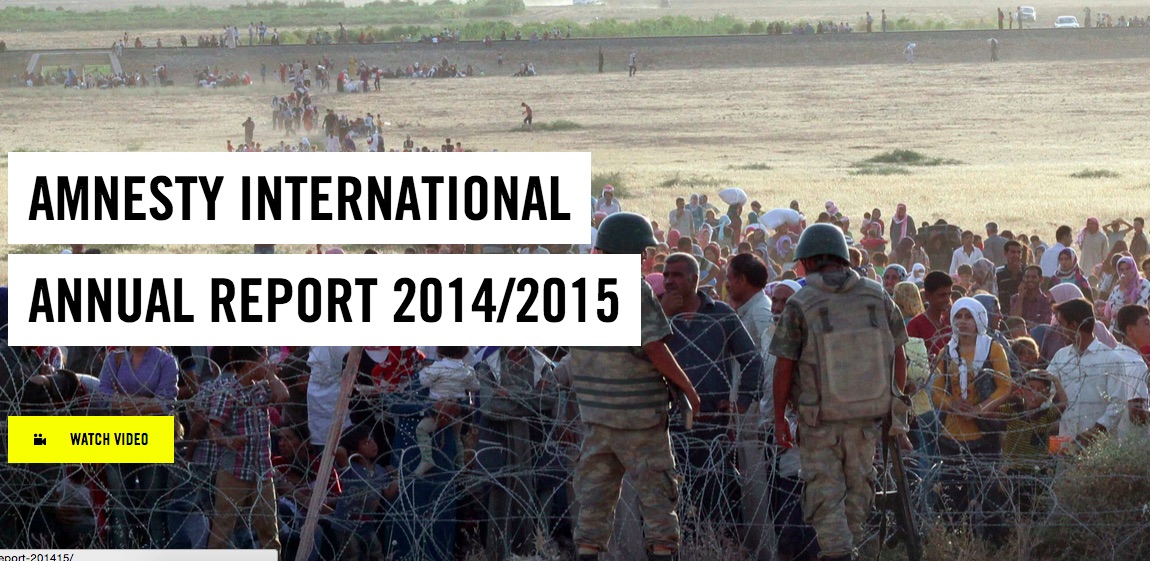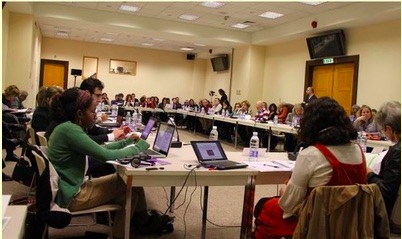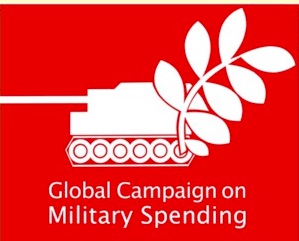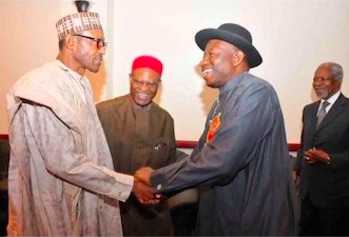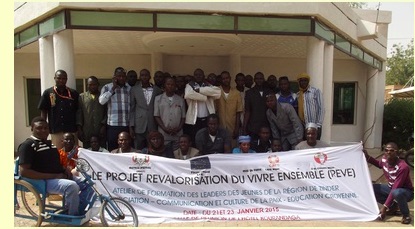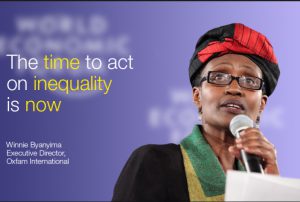
Violence against women is an intrinsic aspect of the culture of war. As stated by Mary Robinson, former UN High Commissioner for Human Rights, women are not just victims of war – they must play an essential part in building peace. Here are a few excerpts from an article she published in the New York Times and which is now available on the website of The Elders.
“In war zones, rape is a weapon. We cannot claim to be serious about stopping war crimes if we do nothing to prevent and punish these heinous acts – and if women are not part of the solution every step of the way. . . . women – and men, too – are at risk of sexual abuse wherever gunfire rattles and militias roam. Like other forms of violence, sexual violence shatters people, families, and livelihoods. It leaves behind a legacy of trauma, making it more likely that the next generation will continue fighting, killing, and allow sexual violence to fester.
A history of modern warfare reveals sexual abuse at almost every turn: according to the United Nations, up to 250,000 Rwandan women were sexually assaulted in three months of genocide in 1994. In Yugoslavia, 60,000 women were abused between 1992 and 1995. Sierra Leone and Liberia jointly witnessed up to a hundred thousand cases over the course of a decade in the 1990s. . . .
Mindsets are evolving. The United Nations Security Council has passed several resolutions recognising the need to include women in peace processes. We need to push the agenda further at every opportunity. . .
The greater aspiration is that societies in conflict will know that war crimes will not go unpunished and that transitional justice can be made available to deal with these abuses swiftly. The stigma will shift from the victims to the criminals. If rape is no longer deemed a warrior’s accepted privilege, we will be one step closer to peace.”
CPNN has carried many articles on progress being made to stop violence against women, especially related to the culture of war. Articles since 2015 are listed here.
Search for Common Ground supports midwife care in Afghanistan
Rwanda: Positive masculinity as a weapon of peace
A global analysis of violence against women defenders in environmental conflicts
Mexico: Tlaxcala has first place in the list of Women Builders of Peace
Hidalgo, Mexico: Networks of Women Peace-Builders created in Apan, Tula and Pachuca
Bolivia Enacts Law on Femicide, Infanticide & Rape
Mexico: The Alamo City Council promotes a culture of peace among women
Thousands demonstrate in France to stop violence against women
United Nations : UNiTE by 2030 to End Violence against Women
Black-clad women rally in Australia to demand gender violence justice
Over a Million Mobilize for International Women’s Day in Latin America
In Malawi, Chief Theresa Kachindamoto Fights against Child Marriage
Dominican Republic: Government takes action to eliminate violence against women and girls
PAYNCoP Gabon Works with UNESCO to Combat Covid19 Fake News and Violence Against Women
A day without us’: What was the National Women’s Strike in Mexico and why did it take place?
The world went orange: Putting a spotlight on ending violence against women
Honouring the Me Too Movement with the 2019 Sydney Peace Prize
Nicaragua: Peace Commissions contribute to the prevention of violence against women
Dominican Republic: Youth and the United Nations promote a culture of peace
Bolivia: #NiUnaMenos demands prevention to stop violence against women
Argentina: Thousands of women march to the Plaza de Mayo to demand justice for Lucía Pérez
Israeli woman hold mass rallies to protest rising violence against women
Google’s ‘#metoo’ moment: Workers walk out over women’s rights
The Nobel Prize for Peace 2018
Morocco and Senegal promote gender equality through media
Mexico: Tlalnepantla Continues Work to Eradicate Gender Violence
Education unions join in the global call to end school-related gender-based violence
International Day for the Elimination of Violence against Women marked around the world
Latin America: What are other countries doing to combat femicide?
Dominican Republic, San Francisco de Macorís: Men’s march to combat violence against women
Ecuador: International Conference on Gender Violence
USA: The ‘Me Too’ Campaign Was Created By A Black Woman 10 Years Ago
Making Waves: Local radio transforming perceptions of gender-based violence in Africa
Creating a new normal, students across Bangladesh say no more sexual harassment
Brazil: Government of Espirito Santo launches movement to stop violence against women
Feminist icons join bid to upend Congo’s rape capital reputation
Mexico: Authorities agree on actions to prevent violence against women
Gravatá, Pernambuco, Brazil: Combating violence against women now in the classroom
Eliminating sexual violence in conflict through the International Criminal Court
Mozambique: Taking steps on the long road to ending violence against women
UN Women: 16 days of activism against gender violence
Mexico: Need to promote a culture of peace, to end violence against women: CEAMEG
Enough is enough: Oxfam seeks to end violence against women and girls once and for all
Guatemala: 28 years of struggle for the life, dignity and rights of women survivors of genocide
India: Buddhist nuns bike Himalayas to oppose human trafficking
Hundreds of Thousands Join Saudi Women-Led Campaign to End Male Guardianship in the Kingdom
Peru: #NiUnaMenos: 50,000 protest violence against women in Lima
Amnesty International: 10 ways we’ve defended women’s rights in the past year
PORTRAIT: Dr. Denis Mukwege, the man who repairs women in eastern DRC
Battered women support services commemorates Prevention of Violence Against Women Week
For discussion and articles prior to 2015, click here

